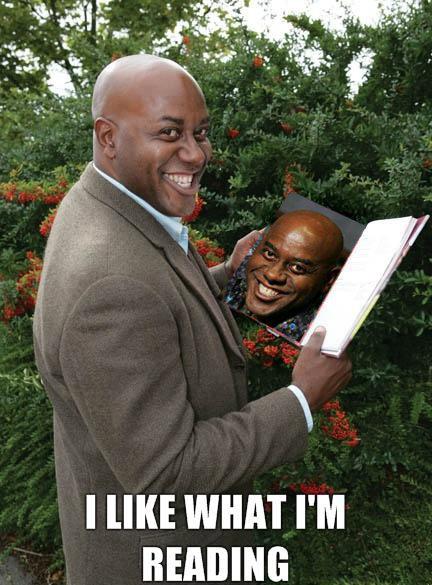9 minutes ago, Archlyte said:Great post Vondy! No I asked for the stuff in the thread so I'm not saying that I asked a question and now I don't like the answer.
But I am also saying **** the first rule of gaming, and the rest. I have come to believe in what I call the Tao of RPG. Each thing is right when it is right, and not because of a rule. They told me not to interfere with player agency, so I did it just to see what would happen. The conventional wisdom said to ask them what they want to do, so I didn't. I found that these rules are just there to guide you, especially in the early years of gaming, but they are not absolute truths. I have broken almost every rule (that isn't just being petty or hateful, I'm talking about the rules for Role-Playing every game has usually in it's Running the Game section) that I could think of, and guess what, the games did not go down in flames. I'm sure there would be circumstances where a wrong move could have done that, but these things--these rules of RPGs--are not physics.
I think the problem is that the notion of "player agency" is taken to an unworkable extreme in contemporary gaming circles. Its also a reaction to a problem that was never as ubiquitous as it was made out to be and has been mythologized: the tyrant game-master who rail-roads and humiliates his players for kicks. Most of us old-school grognards have dealt with that GM in our careers on occassion, but the vast majority of us have also dealt with fantastic game-masters who worked hard, ran good games, and made this a hobby we ended up sticking with. Some of them even inspired us to become (hopefully) fantastic gamemasters ourselves. Gaming is a social endeavor and that means the group has to have a social contract, be it implicit or explicit. Players have to remember that the game master is also a "player" in the sense that they a member of the group who gets a say and has a right to "agency" themselves. And, quite frankly, I would say that the gamemaster should have a somewhat weighted say because, more often than not, they are doing the heavy lifting. That said, every single person at the table is responsible for the group, not just themselves, having the good time everyone agreed upon as a goal. Over the years I've learned that games work best with limited agency . A game needs a tone, tenor, style, and set of genre conventions. Players need to have some wiggle-room and a chance to help tell the story, but not at the expense of any other person at the tables fun and satisfaction. We are all supposed to be cooperating at the table. Sadly, "player agency" is often taken as a license to ignore the basic social contract, and sociability, that RPGs are predicated on in the first place. Its not "choose your own adventure." Its choose our adventure together!

